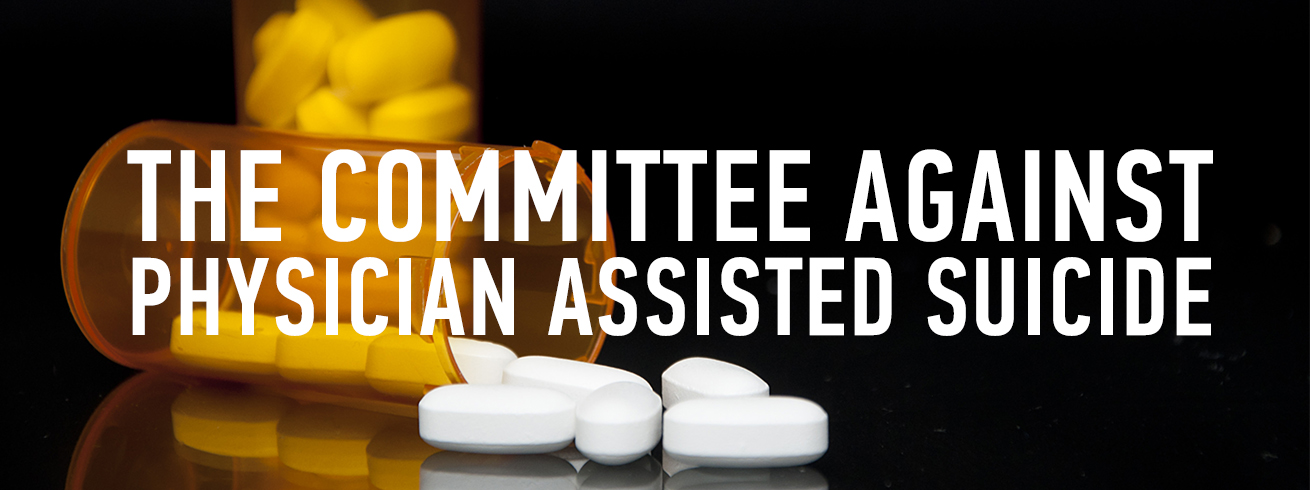
NO on Question 2: 2012
Overview
In 2012, our team served as lead strategist and campaign managers for The Committee Against Physician Assisted Suicide. The goal was to defeat Question 2, a popular measure that would have legalized physician assisted suicide in Massachusetts, a law already on the books in Oregon and the state of Washington.
Early polling in February of 2012 showed the “Yes” side winning over 70% of the vote, with Massachusetts voters believing by 2 to 1 margins that an individual had a right to make their end of life decisions without interference from anyone. By the same margin, they supported the rights of others to have that same choice. These powerful core beliefs were at play in a campaign where voters would make their choice by voting “Yes” or “No” to the simple question of, “Does an individual control end of life decision making?”
Our Work
In a state that is 40% religious and 60% secular, the odds of defeating this ballot question were slim. However, the campaign invested heavily in qualitative and quantitative research looking for substantive reasons why voters may be inclined to vote NO on Question 2. Our research showed that there were cracks in voters’ core beliefs, which we leveraged with specific, targeted messaging to deepen those cracks.
Our firm recruited individuals from the medical field including hospice and palliative care, and representatives from all organized religions. Under the leadership of Chair Person, Roseanne Meade, the NO campaign was highly engaged with state-wide media, TV, and radio opportunities. While the NO side was losing by 40 points on Labor Day, the combination of an excellent package of TV and radio commercials, online videos, and a superb Election Day operation resulted in a miraculous comeback on Election Day.
Results
All parties involved were skeptical that Physician Assisted Suicide could be defeated. The proponents had the advantage of superior language on the ballot, simplicity of message that voters could understand, and an electorate that was more interested in the Presidential election than a ballot measure. Our victory on Election Day was a testament to superb research and strategy, a clear and concise message, and execution of the campaign strategy.

